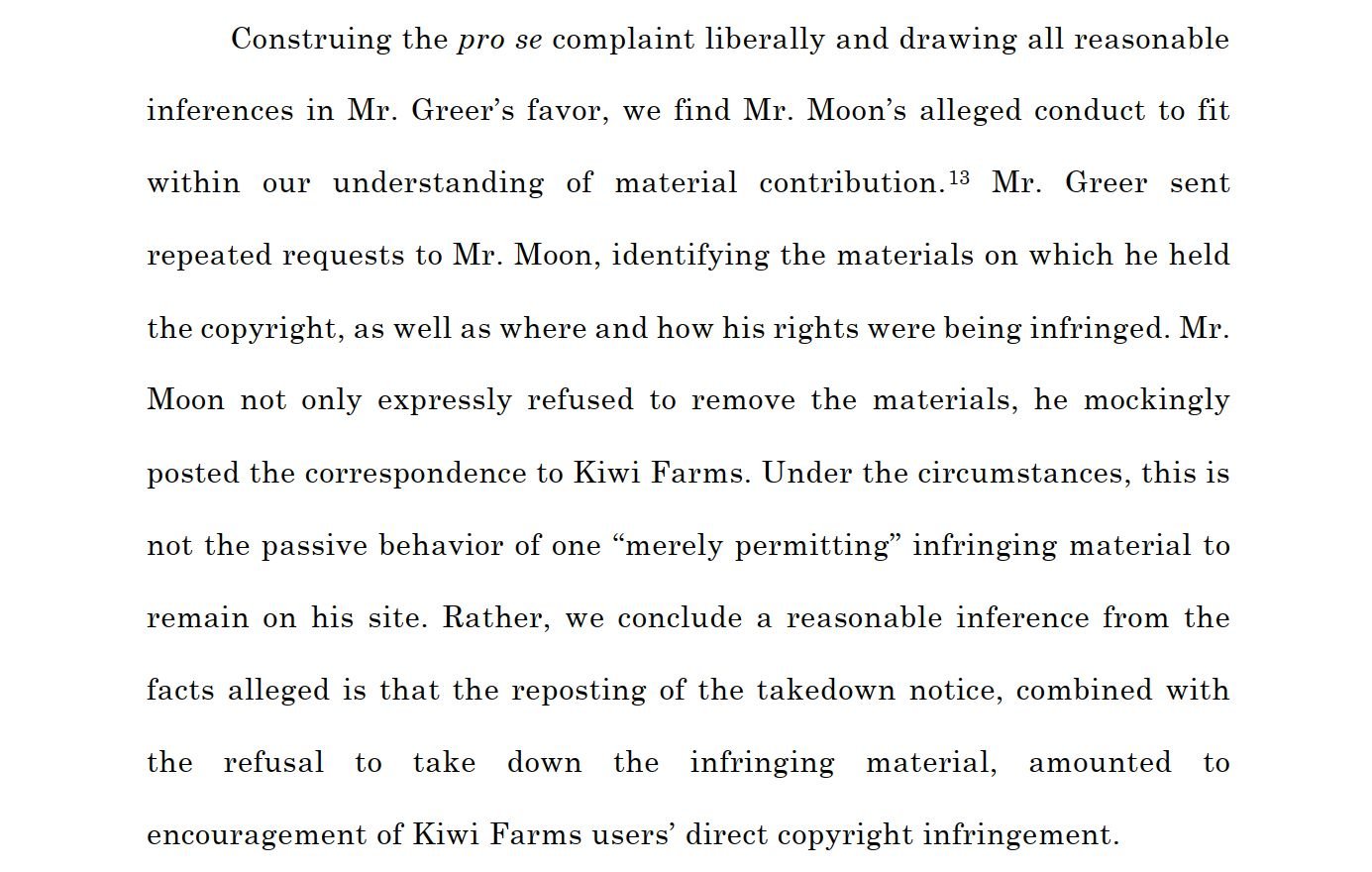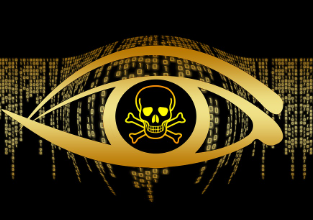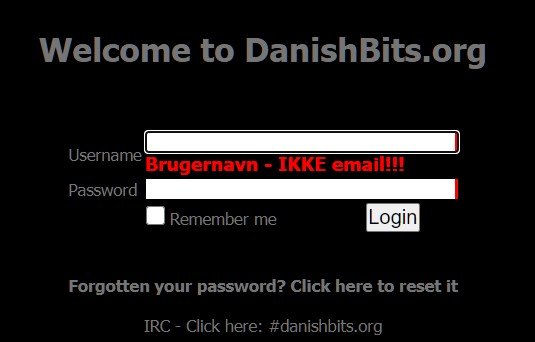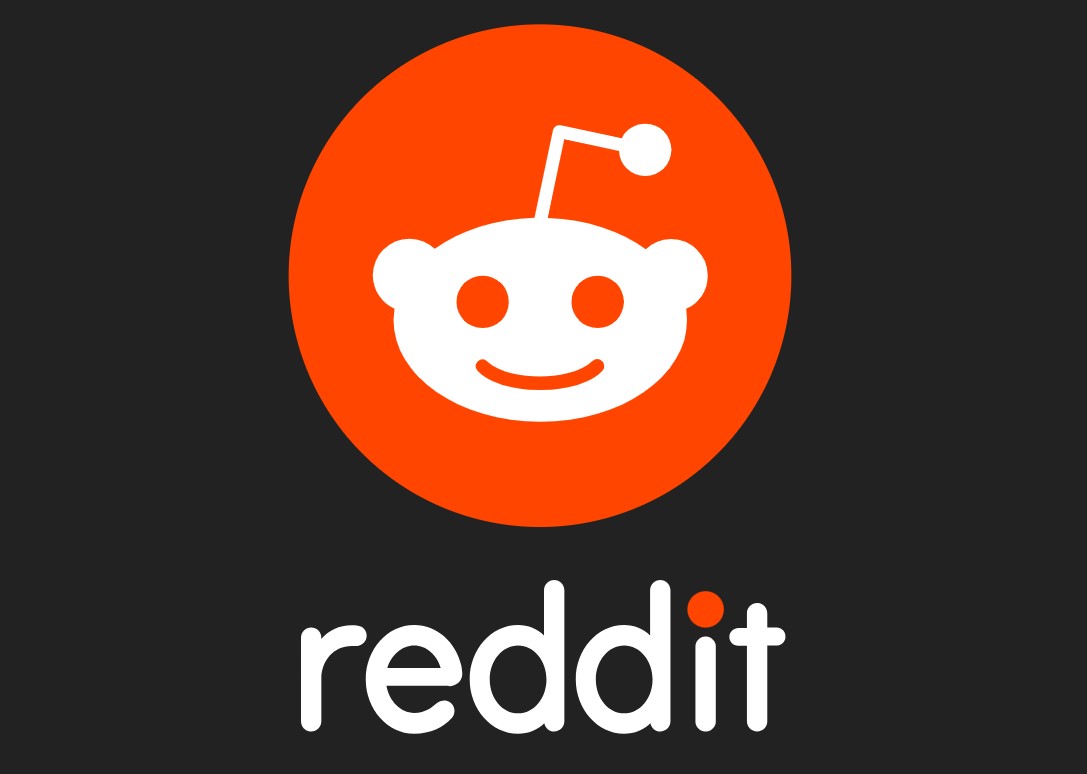-
chevron_right
UNC3T and INTERPOL Awarded for Taking Down Piracy Group EVO
news.movim.eu / TorrentFreak · Saturday, 21 October, 2023 - 19:24 · 2 minutes
 Piracy release group EVO was long considered one of Hollywood’s main targets, publishing thousands of movie and TV show titles including several high-profile releases.
Piracy release group EVO was long considered one of Hollywood’s main targets, publishing thousands of movie and TV show titles including several high-profile releases.
The piracy group repeatedly opened “screener season” by releasing leaked copies of upcoming films. These included Oscar contenders , but also several Netflix titles that originated from festival screenings.
EVO was also the first to release an early Blu-ray copy of ‘Spider-Man: No Way Home’ last year, and a high-quality copy of the blockbuster “Dune” in 2021, ahead of its official U.S. premiere.
EVO Busted
When pirates were eagerly awaiting freshly-leaked movie screeners last fall, none arrived. This was unusual in its own right and when EVO suddenly stopped publishing new content of any kind, it was clear that something was up .
From the get-go, there were rumors that the notorious group had been busted. These suspicions were eventually confirmed in March this year and, a month later, Portuguese police shared additional details on the crackdown which the authorities dubbed “Operation EVO 1.2”.
The enforcement action against EVO targeted piracy at the source. This impacted the availability of content on thousands of pirate sites which, in turn, serve many millions of users. For this reason, it’s not surprising that the EVO bust was prominently mentioned at the International IP Crime Conference in Oslo earlier this month.
The Alliance for Creativity and Entertainment (ACE) highlighted the importance of the action, describing EVO as one of the “most active pirate groups in the world” and a major threat to the industry.
ACE Awards Law Enforcers
To commemorate the achievement, ACE boss Jan Van Voorn handed awards to two units with central roles in the enforcement effort. The awards were presented on behalf of ACE members, which include the major Hollywood studios, Amazon, Netflix, and various other movie industry players.

The first recipient was the dedicated cybercrime unit of the Polícia Judiciária in Portugal ( UNC3T ), which handled a large part of the operation, including investigative work, house searches, and the arrest of EVO’s suspected leader.
The second award was handed to INTERPOL’s Illicit Markets Sub-directorate, which consists of the IP Crime and Digital Piracy unit, and the Public Health and Pharmaceutical Crime unit. This group is closely involved in INTERPOL’s Stop Online Piracy project ( I-SOP ).
On INTERPOL’s side, the EVO takedown was handled under the I-SOP project and, among other things, the international police organization helped to investigate the items that the Portuguese police collected during their raids.
“I-SOP deployed an officer to carry out analysis of the seized devices and provide a comprehensive report to authorities. Support will continue as the wider investigation progresses,” INTERPOL previously explained, while sharing the photo below.

Prosecution Pending
The awards were handed out while the prosecution of the alleged EVO leader is still ongoing. ACE informs TorrentFreak that it continues to work on the case with INTERPOL, Portuguese police, as well as the local prosecutor’s office.
There is little doubt that last year’s action had a broad impact. For one, there weren’t any notable screener releases last year, which hasn’t happened since online piracy hit the mainstream two decades ago.
It’s possible that other groups and their sources were spooked by the enforcement action against EVO. While new screener leaks may eventually appear again, the stakes are clear, if they weren’t already.
From: TF , for the latest news on copyright battles, piracy and more.

 Kiwi Farms is an online forum
Kiwi Farms is an online forum




 During the summer of 2017, French law enforcement booked a massive success with the
During the summer of 2017, French law enforcement booked a massive success with the
 Last year, a Texas federal jury found Grande Communications liable for willful contributory copyright infringement and ordered the
Last year, a Texas federal jury found Grande Communications liable for willful contributory copyright infringement and ordered the


 The InterPlanetary File System, more broadly known as
The InterPlanetary File System, more broadly known as

 Last Thursday, a Danish court sentenced a 24-year old programmer from Silkeborg to 60 days probation for his role in operating the torrent tracker ShareUniversity.
Last Thursday, a Danish court sentenced a 24-year old programmer from Silkeborg to 60 days probation for his role in operating the torrent tracker ShareUniversity.

 Over the past year, new artificial intelligence tools and services have been surfacing everywhere.
Over the past year, new artificial intelligence tools and services have been surfacing everywhere.


 With millions of daily users, Reddit is without a doubt one of the most visited sites on the Internet.
With millions of daily users, Reddit is without a doubt one of the most visited sites on the Internet.

